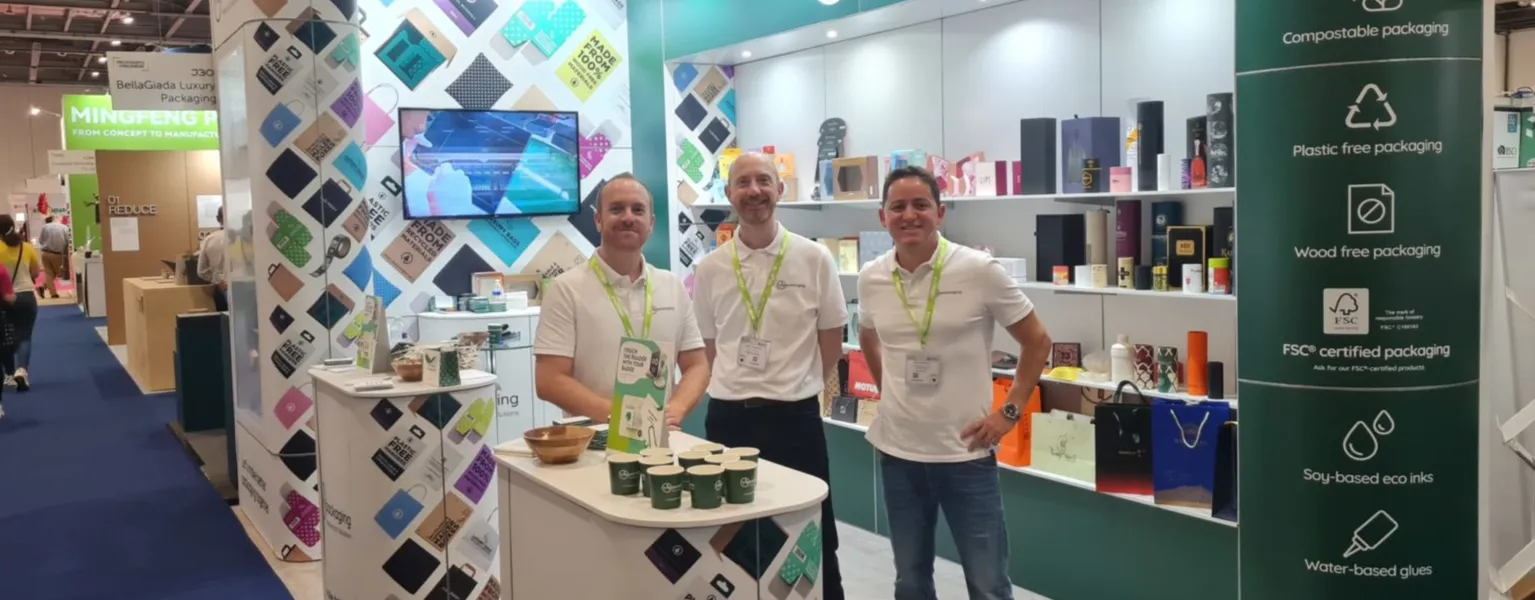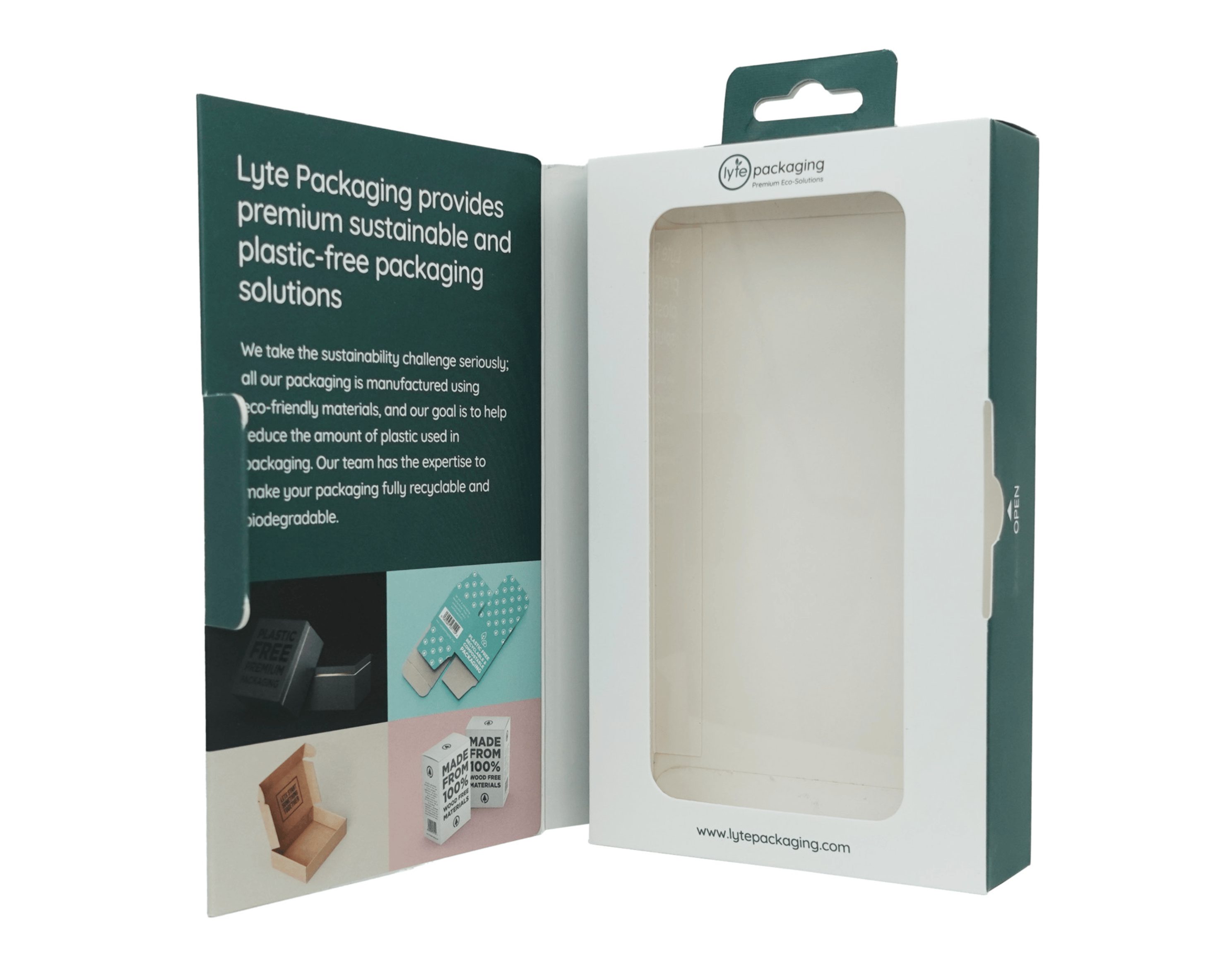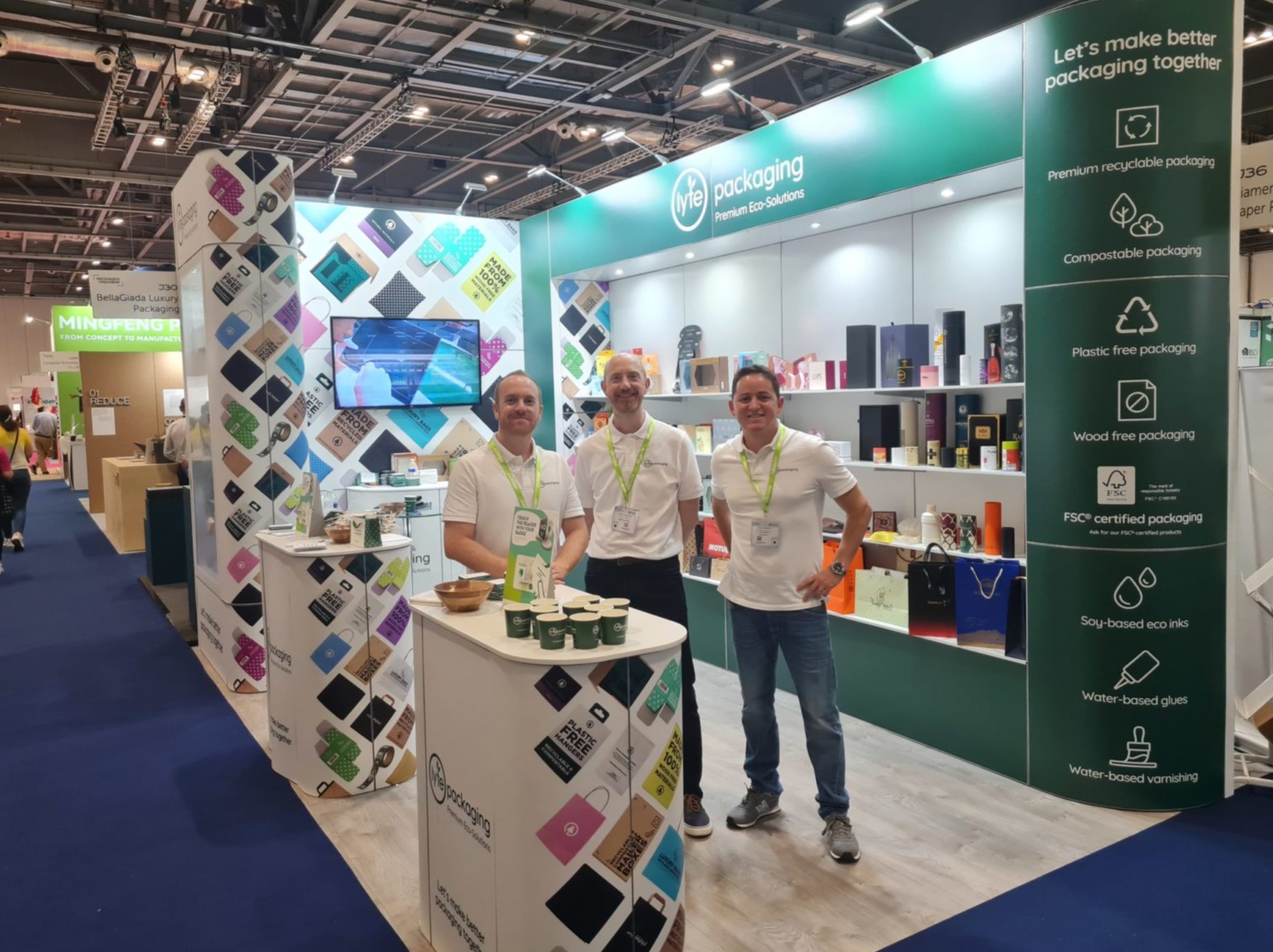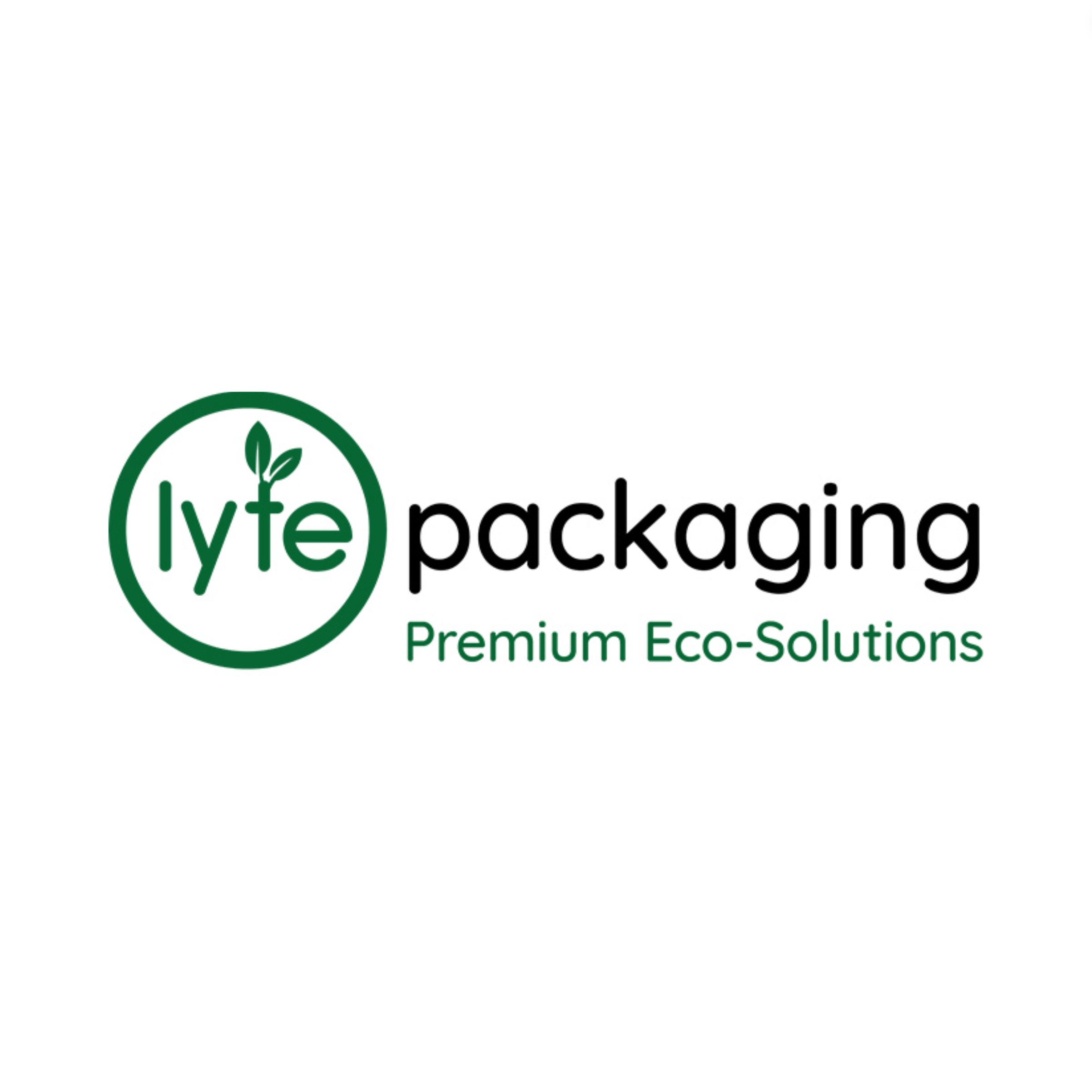Lyte Packaging: Luxury will always be in the eye of the beholder

Supplier News
Lyte Packaging suggests the bells-and-whistles approach to luxury packaging has seen better days.
Packaging without sustainability was always complex. But when you bring sustainability into the mix, there is even more pressure to get it right – but also more opportunities to wow customers.
The options available continually evolve, public discourse frequently shifts, and as a result, brands regularly revisit their approach to product packaging as new information and resources become available.
With packaging a constant in our everyday lives, the theme of this year’s London Packaging Week appeared to be that packaging should be beautiful, functional, and sustainable; ideally, all three. And there was perhaps no better example of how to cater to expectations in constant flux than what Lyte Packaging showcased across the two-day event.
“There have been lots of people wanting what we do – the sustainable message,” Andy Hodgkinson, Head of Packaging for Lyte Packaging, told londonpackagingweek.com.
“There are lots of other companies that do things very similar to us. We all supply boxes, but I think our approach is just that little bit different.”
A key part of doing things a little differently is likely an acceptance that there is no universal solution for the luxury sector, but also an acknowledgement that there is ample room to help brands improve.
“You don’t have to be coating things in plastic to be luxury,” he continued. “So, we’ve got boxes made with grass paper, and they have a really nice textured feel, just ooze premium, and are completely recyclable.
“Our form windows are cellulose acetate, so they look and feel like plastic but are compostable. Instead of matte laminating, we’re matt varnishing, so we’re doing everything we can not to add lots of different materials together that make the result unrecyclable – but crucially, it still looks fantastic!"
Given the environmental issues at stake and the regulations to come, it’s little wonder that luxury brands’ sustainability awareness is on the rise.

While brands have always used packaging as an effective way to showcase their quality to the consumer, operations such as Lyte are a case in point that there will always be ways and means to wow more sustainably.
Hodgkinson also suggested that the luxury packaging sector’s efforts to operate a sustainable transformation in recent years should not be overlooked.
Asked whether sustainability and luxury could ever be successfully wedded, he added: “I don’t think the reputation (of being unsustainable) is unfair because, for years, it always has been that way. People want packaging to look shiny or have all these different features, so as an industry, you say yes and give the customer what they want. So, I don’t think the reputation is unfair, but things have definitely changed. And certainly, we see that it has changed. It was unsustainable previously, but now it has a promising future. You can definitely have luxury and sustainability.”
While the collective challenges of the packaging sector are plentiful, they are nowhere near as nuanced as the solutions sought by brands seeking to ‘do the right thing’.
At Lyte Packaging, visionary creativity and environmental responsibility shape everything they do, and striking the right balance between sustainability, functionality, and cost-effectiveness is where they have had much success.
“Everybody’s idea of sustainability is different,” Hodgkinson continued. “Some people only want paper; some want recycled plastic, and others want compostable. And every story is different. In our job, what’s vital is understanding what is important to that particular customer, what is important to their brand, and telling them there is a solution for them.
“There’s a tendency to think about how great things look first and foremost, but where we’re different is that we start with sustainability first and then within that, you can have these additional features and functionality.”
But what have been the starkest transformations to date? Hodgkinson was quick to point to the increase in subscription boxes, as well as standard mail order delivery, and how the packaging the product is shipped in is increasingly getting a makeover.
Sustainable packaging is now catching the eye. There is a much greater emphasis on making sure every detail is on-point, and as a result, the greener solutions landing on our doormats are getting noticed. Hodgkinson openly admits that it can be a tough conundrum to solve, but one that the Lyte team relishes.
He said, “When looking at postal packaging, that has changed massively. It has become more luxurious because there are so many direct-to-consumer brands; their only touchpoint is when the consumer receives the packaging. It has to perform as transit packaging, and it also has to have a luxury feel to it, too, and that has certainly been one of the biggest changes we’ve noticed over the past few years.
“Almost the more things to think about, the better for us. If it were easy, everybody would be doing it. It’s so rewarding for us as a team to solve these problems. Something like print on the inside, anonymous brown box on the outside. It just looks like a regular brown box, and when you open it up, you’re hit with a nice pop of colour and print. There has been a huge crossover in this regard because people buy so differently these days.”

The packaging industry has experienced a seismic transformation in recent years, as consumer demand for sustainability has grown stronger. There are no longer any hiding places for those accelerating the use of single-use plastics or generating excessive packaging waste.
Eco-conscious consumers now have all the power and are increasingly seeking brands that prioritise environmentally positive practices, with sustainable packaging now a prerequisite and a crucial factor for business success.
Hodgkinson highlighted that brands of all shapes and sizes have no option other than to fully accept their increased responsibility to ensure their home packaging can be easily recyclable.
“Everybody that spoke to us was interested in the sustainability message,” he added. “Almost everybody we spoke to wanted to reduce plastic. Several people wanted to eliminate vac-form trays, and we have a folded-paper alternative that has attracted much attention. These are the key things people have discussed with us at this year’s show.
“It feels like the world is definitely ready, whereas five or ten years ago, we could have come with all of this stuff, and people would have been unimpressed. But times have changed, and it’s now exactly what people want. People are conscious of having packaging that is recyclable and sustainable.”
Related News
-
Supplier News
Lyte Packaging: School visit ignites young minds about sustainable packaging
-
Supplier News
Lyte Packaging: A bottle box with a reveal for West Midlands Distillery
-
Supplier News
Lyte Packaging: Sustainable trigger spray pouch shortlisted for Environmental Packaging Awards 2025
-
Supplier News
Lyte Packaging: Smart Packaging launches at exhibitions across Europe
-
Supplier News
Discover Lyte Packaging’s premium portfolio at Paris Packaging Week





